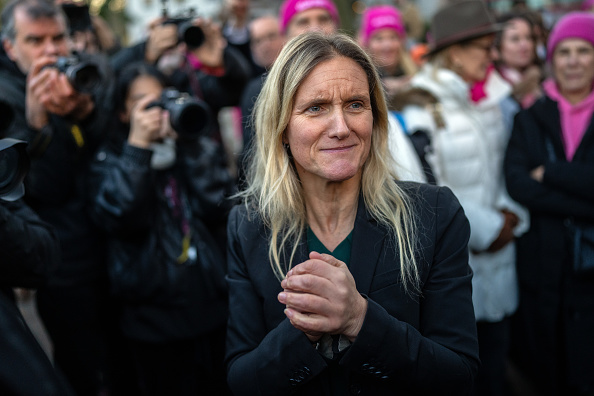MPs have taken a historic step by voting for a bill that will legalise assisted dying in England and Wales.
The bill, proposed by Labour MP Kim Leadbeater, passed its first stage with 330 votes in favour and 275 against.
An emotionally charged five-hour discussion saw MPs share personal stories, with those opposed to the bill calling for better end-of-life care.
The proposed legislation would allow terminally ill adults with less than six months to live to end their lives, subject to approval from two doctors and a high court judge.
The vast majority of Muslim MPs voted against the bill, including Justice Secretary Shabana Mahmood, Labour’s Dr Rosena Allin-Khan and Zarah Sultana. The four Muslim MPs from the Independent Alliance also voted against the bill.
A few Muslim MPs voted in support, including Labour’s Tulip Siddiq and Sadik Al-Hassan.
While the bill has cleared its initial parliamentary hurdle, it faces several more stages of scrutiny. It will not be revisited by MPs until April.
The government will assign a minister to work on its development without formally endorsing it. After that, it must be voted on again by MPs before it goes through the House of Lords. If it becomes law, there will be a two-year implementation period.
Islam and assisted dying
As with other faith groups, Muslim organisations opposed the bill.
The Muslim Council of Britain, alongside other faith leaders, expressed significant concerns about the proposed legislation. In a joint letter, they highlighted the ethical complexity and emphasised the potential risks to vulnerable individuals.
“We are aware of how complex and weighty this topic is. There are many dimensions to the bill, all of them of great ethical and practical importance,” said the letter.
“Our pastoral roles make us deeply concerned about the impact the bill would have on the most vulnerable, opening up the possibility of life-threatening abuse and coercion. This is a concern we know is shared by many people, with and without faith. “
Aside from scriptural reasons, faith leaders argue that assisted dying could pressure individuals into feeling their lives are burdensome or less valuable. Instead, they urge for focus on increasing investment in palliative care and emphasise the sanctity of life and the need to safeguard those at risk.
Despite the consensus among various religious groups opposing assisted dying, Justice Secretary Shabana Mahmood was singled out by Lord Charlie Falconer after expressing her opposition. Mahmood said she would not support a change in the law because of her Muslim faith.
Lord Falconer’s comments – that Mahmood should not impose her religious beliefs on others — were criticised as offensive and discriminatory.
The comments revealed a broader pattern of targeting Muslim MPs. In contrast, politicians from other religious backgrounds have not faced similar backlash despite voicing their religious objections.
Many believe views like this stems from deep-seated Islamophobia that seeks to marginalise Muslim perspectives and treat their views as somehow less legitimate or suspicious.






